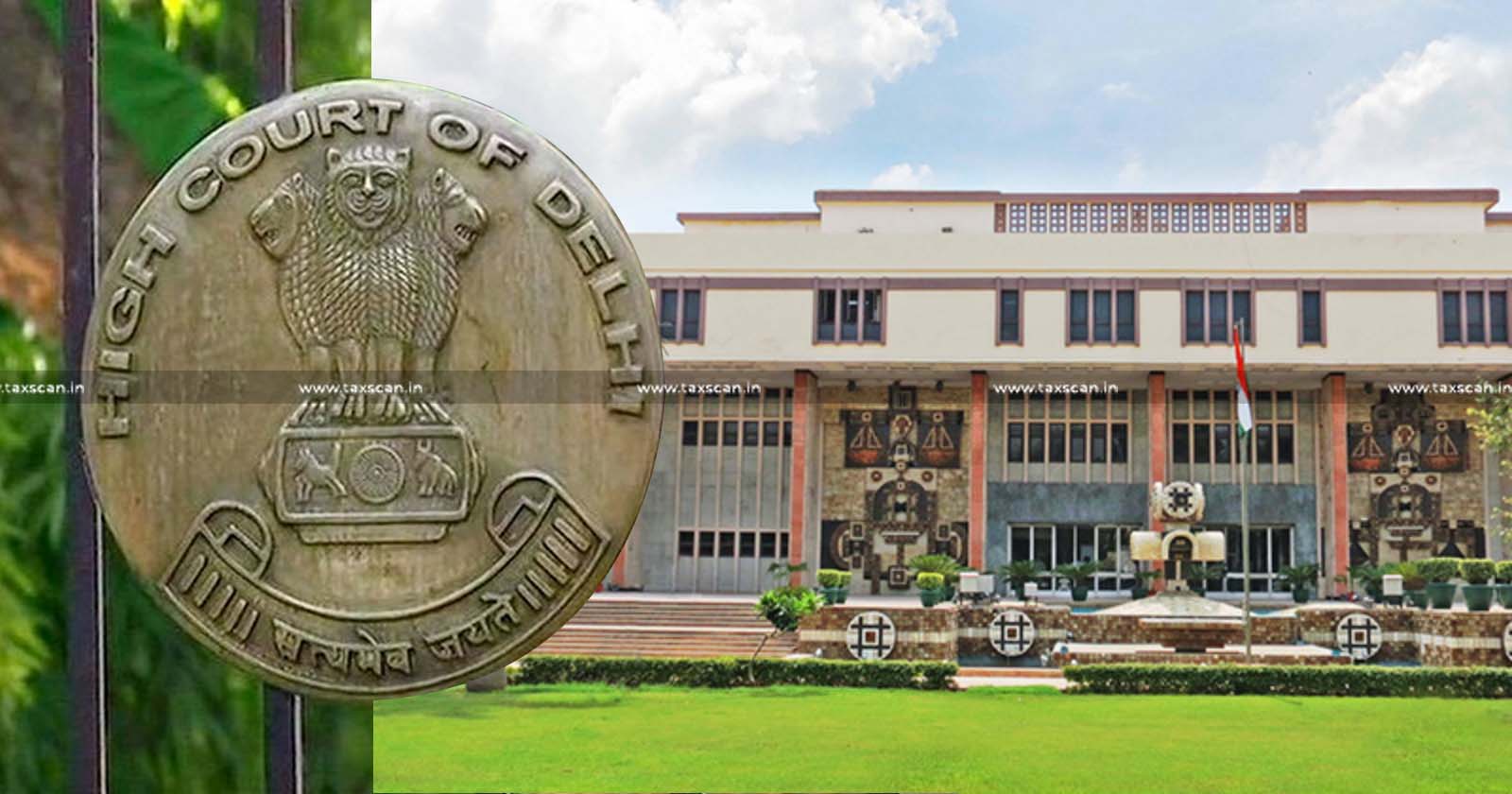Mere fact that employees efficiency improves with learnings acquired through seminars cannot be treat such expenses as Capital Expenditures: Delhi HC [Read Order]
The Delhi HC holds that the mere fact that employee efficiency improves with learnings acquired through seminars cannot be treatedas such expenses as capital expenditures

Capital Expenditure – Delhi High Court – Employee Efficiency – Training Expenses – Skill Development – Learning Seminars – taxscan
Capital Expenditure – Delhi High Court – Employee Efficiency – Training Expenses – Skill Development – Learning Seminars – taxscan
The Delhi High Court has held that the mere fact that an employee's efficiency improves with learnings acquired through seminars cannot be treated as such expenses as capital expenditures.
The appellant/revenue challenged the order passed by the Income Tax Appellate Tribunal [“Tribunal”] which was in favour of ST Microelectronics Pvt Ltd, the respondent assessee.
Mr Neeraj Jain, counsel, who appeared on behalf of the respondent/assessee.Mr Ruchir Bhatia senior standing counsel, who appeared on behalf of the appellant/revenue, does not dispute the fact that insofar as proposed questions (i) to (v) are concerned, they are covered against the appellant/revenue by the decision rendered by the Court in the matter of Principal Commissioner of Income Tax vs. ST Microelectronics Private Limited.
It was the stand of the appellant/revenue that the expense incurred by the respondent/assessee for purchasing software licenses must be treated as an expense incurred on the “capital” account. Regarding training expenses, the appellant/revenue contended that the expenses incurred on training are also on the “capital account‟ and hence, could not have been debited to the profit and loss account.
Mr Bhatia stated that the expenses incurred on the purchase of proprietary software licenses and training resulted in an “enduring benefit” to the respondent/assessee and therefore, are in the nature of “capital” expenditure. Insofar as the expenditure on software license is concerned, the addition amounted to Rs. 1,36,03,473/-.
On the other hand, the stand of the respondent/assessee was that the software was licensed to it. It was also the assertion of the respondent/assessee that the arrangements had a tenure of one (1) year.
The respondent/assessee contended before the statutory authorities that it had no ownership of the licensed software and was only a licensee. The statutory authorities, which included the Assessing Officer (AO) and Dispute Resolution Panel (DRP), were not persuaded by the submissions mentioned earlier made on behalf of the respondent/assessee.
The Tribunal ruled in favour of the respondent/assessee and held that the expenses incurred on the purchase of licensed software were like“revenue” expenditure for the reason that software licences failed the test of ownership. It would be relevant to note that the Tribunal also took account of the fact that in the respondent’s/assessee’s case, concerning AY 2007-08, it had deleted the addition made by the AO concerning expenses incurred by the respondent/assessee towards purchasing licensed software.
The record shows that training expenses, amounting to Rs. 1,82,00,680/-, were incurred by the respondent/assessee during the period in issue towards venue cost, faculty charges, training material (which included manuals and books), equipment, and participation in seminars and conferences.
A two-member bench comprising Justice Rajiv Shakdher and Justice Girish Kathpalia observed that the mere fact that employees' efficiency improves with learnings acquired through seminars, conferences, and other forms of training, cannot be the reason to treat such expenses as “capital” expenditure.
The CESTAT refused to interfere with the impugned order.
To Read the full text of the Order CLICK HERE
Support our journalism by subscribing to Taxscanpremium. Follow us on Telegram for quick updates


